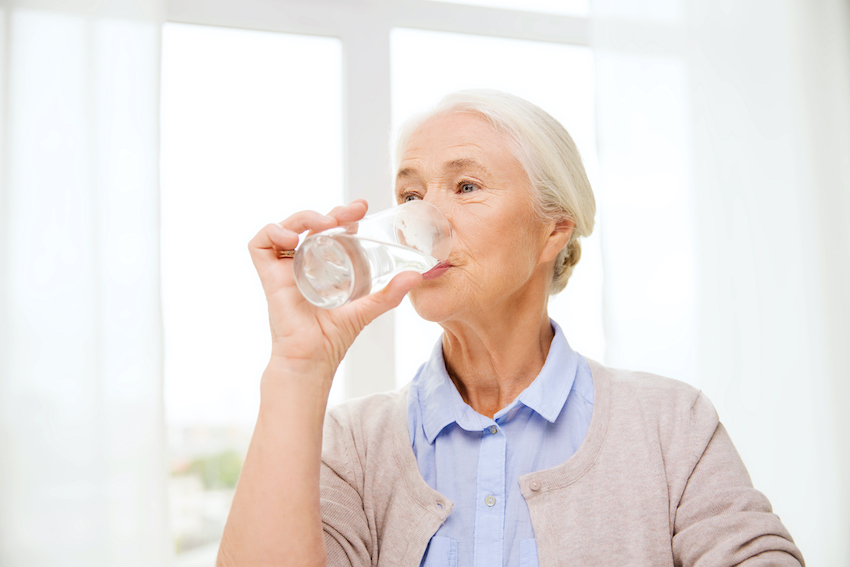
Age-related urinary incontinence in seniors is a common but treatable condition.
While common in seniors, age-related urinary incontinence is a challenging condition to cope with, impacting day-to-day life in a variety of ways and frequently leading to decreased self-confidence along with the limiting of rewarding activities.
Nevertheless, it’s crucial to recognize that bladder control problems are not something that need to simply be accepted as a standard part of aging. Identifying the reason behind the problem may result in a simple yet effective treatment option. Contributing factors to bladder control problems include:
- A urinary tract or vaginal infection
- Constipation
- Weakened or overactive bladder muscles
- Pelvic organ prolapse or weakened pelvic floor muscles
- Nerve damage from conditions including Parkinson’s, diabetes, or MS
- Enlarged prostate
- Health issues which make it difficult to make it to the restroom in time, such as arthritis
A senior going through issues with incontinence should visit with the physician to talk about symptoms, medications, and medical history. He or she may recommend blood and urine tests as well as testing to figure out how effectively the bladder is emptying. Keeping a daily journal before the appointment can be helpful, observing the times of day when urinating and when leaking urine.
Once the reason for the incontinence has been confirmed, treatment plans may include:
- Oral medicines that will tighten muscles or help the bladder empty fully
- An injected medicine into the area surrounding the urethra
- A low-dose estrogen cream
- Nerve stimulation around the bladder
- A urethral insert or pessary in order to help prevent leaking
- Surgery in the event the incontinence is brought on by blockage or a change in the bladder’s position
Furthermore, some incontinence issues might be alleviated by trying:
- Kegel (pelvic muscle) exercises
- Biofeedback
- Timed urination, emptying the bladder on a set schedule
- Lifestyle changes, such as eliminating caffeine and alcohol, stopping smoking, and losing weight
Frequently, those diagnosed with age-related urinary incontinence incorrectly think that they need to limit their fluid intake. It’s imperative to maintain adequate hydration and also to know that lower hydration levels lead to more concentrated urine, which in fact may make urinating more uncomfortable and increase problems with incontinence. Plain water is always the best option, but if the senior prefers, try adding flavoring such as a slice of cucumber or citrus fruit.
For a senior loved one with Alzheimer’s disease, especially in the later stages, incontinence is particularly common, and can be helped through:
- Making it easier to access the bathroom by making sure pathways are clear and there is adequate lighting
- Removing coffee, soda, and tea from the older adult’s diet, as these increase urination (but ensuring your loved one drinks adequate water)
- Taking frequent, regular bathroom breaks
- Choosing clothing that is simple to remove
- Trying out various kinds of incontinence care products to find one that is most comfortable
Home With You Senior Care’s aging care experts are trained and experienced in incontinence care, and are here to help provide recommendations as well as in-home care to assist with personal care needs, discreetly and always with the utmost respect. Contact us via our online form, or give us a call at 410-756-0959 to ask about a free in-home consultation and for additional information about our Columbia Alzheimer’s care and full range of home care services. To learn where our trusted home care services are available, please visit our Locations Served page.
